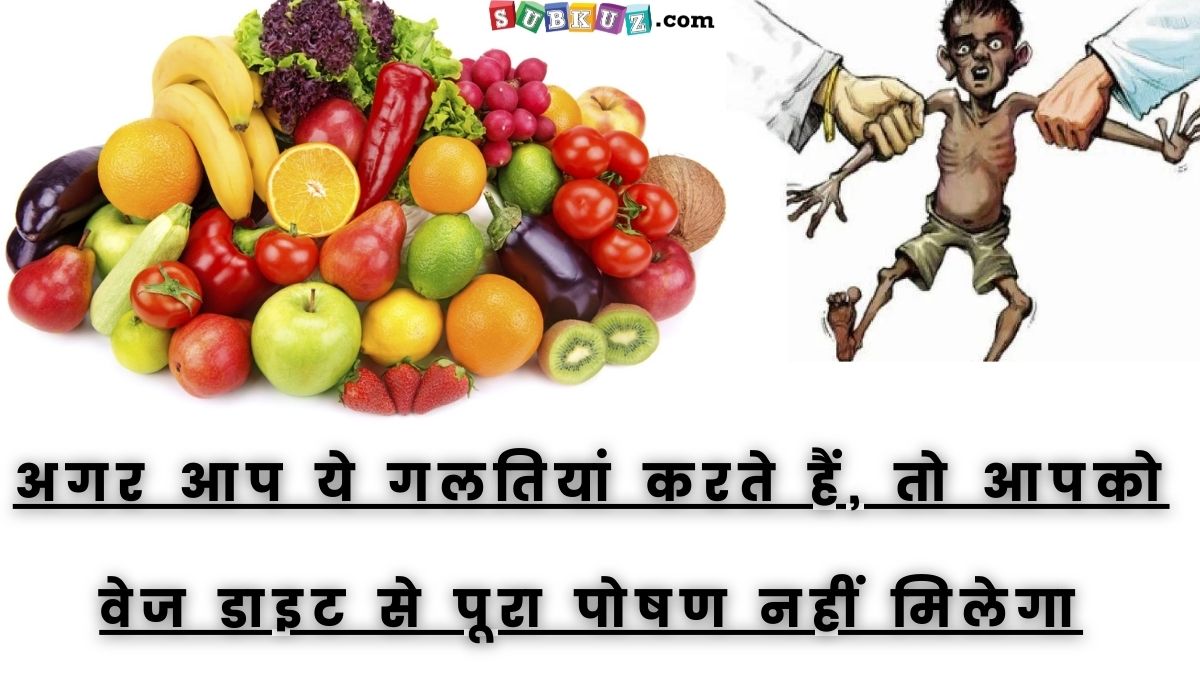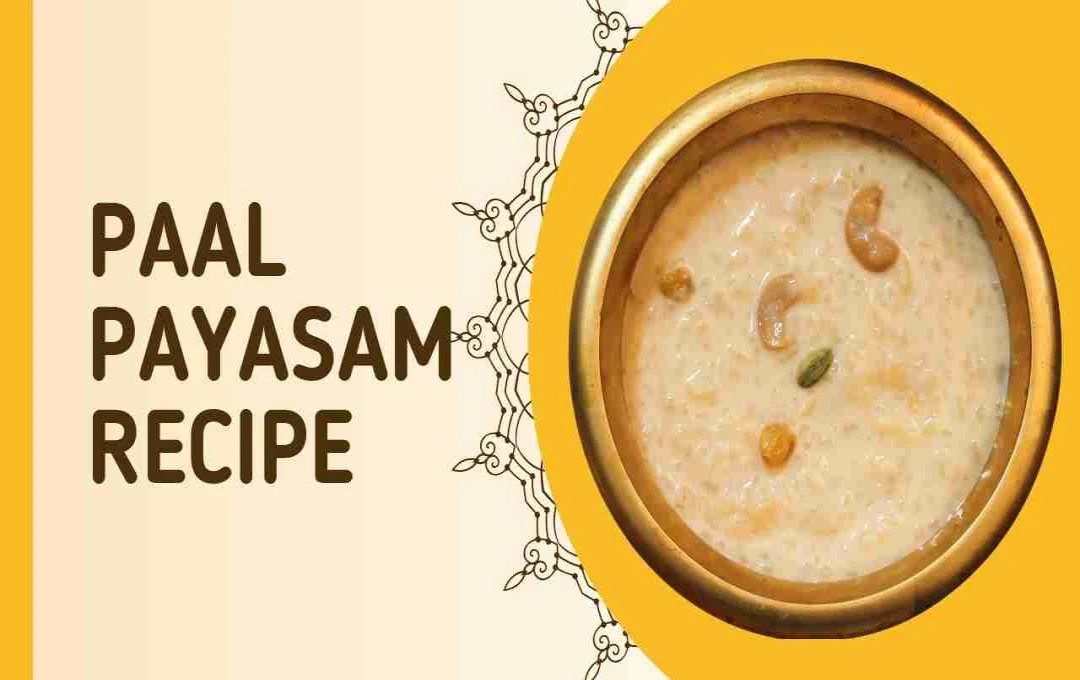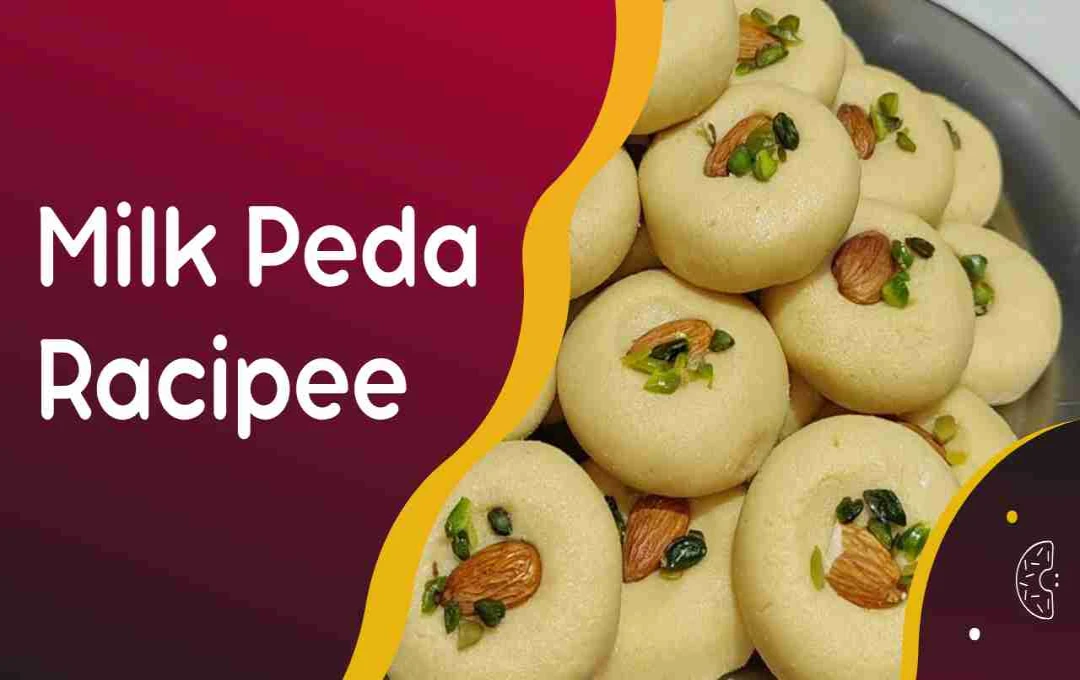Vegetarian Diets: Common Mistakes That Can Prevent Complete Nutrition
Nutrients are crucial for proper body development. Without them, the body doesn't develop correctly, and various illnesses can arise. Non-vegetarian diets are often perceived as richer in nutrients compared to vegetarian diets. This perception leads some to believe that vegetarian women may not receive adequate protein, vitamin D, and vitamin B-12, resulting in an incomplete diet and a higher susceptibility to illness. However, this is not entirely accurate. Many vegetarian diets can easily provide all necessary nutrients in the correct proportions. In fact, many people are transitioning to vegetarianism as a healthier lifestyle choice, and when followed correctly, a vegetarian diet can provide all essential nutrients without deficiency.
Despite the potential benefits of vegetarian diets, some vegetarians report not receiving adequate nutrition. This often stems from common mistakes made when following a vegetarian diet, which often go unnoticed. Let's explore some common mistakes to avoid on a vegetarian diet.
Ignoring Protein
Often, non-vegetarians believe non-vegetarian diets are superior due to higher protein content. However, vegetarian diets can also provide ample protein. The key is to include protein-rich vegetarian foods according to individual needs. Many vegetarians fail to incorporate sufficient protein-rich foods into their diets. Protein is a crucial macronutrient for tissue building and repair, as well as enzyme and hormone production. To ensure adequate protein intake, include legumes, nuts and seeds, beans, nut butters, mushrooms, and green peas in your diet.
Substituting Meat with Cheese
Since vegetarian diets exclude meat, many vegetarians incorporate cheese into various dishes, such as pasta, salads, and sandwiches. While cheese contains significant amounts of protein, vitamins, and minerals, it cannot fully replace the nutritional profile of meat. Instead of solely relying on cheese, incorporate a wider variety of plant-based foods. Include chickpeas, lentils, beans, and quinoa in your diet.

Reducing Intake of Whole Foods
When following a vegetarian diet, it's essential to consume adequate amounts of whole foods. A lower intake of whole foods can increase the risk of nutrient deficiencies. When following a vegetarian diet, ensure you receive sufficient vitamins and minerals. Make a conscious effort to include fruits, vegetables, legumes, whole grains, nuts, and seeds in your diet.
Consuming Excessive Refined Carbohydrates
Refined carbohydrates, such as pasta, pastries, white flour, white bread, and white rice, lack fiber and other essential nutrients. They are not considered ideal for health. To obtain adequate fiber and nutrients, switch to whole grains, which retain the bran, fiber, and other nutrients.
Excellent Sources of Protein
Include Desi Chana in Your Breakfast
You can prepare desi chana (chickpeas) by frying or sprouting them to add to your breakfast. Consuming desi chana first thing in the morning provides sustained energy throughout the day due to its high protein content.
Lassi and Buttermilk
Along with milk and yogurt, buttermilk and lassi are excellent protein sources. Enjoy them between breakfast and lunch or as a light snack in the evening, especially during warmer months.
Include Rajma (Kidney Beans) in Your Diet
Rajma is rich in protein. If you are concerned about weight gain, including rajma at least twice a week can help provide ample protein without increasing fat, promoting an active lifestyle.














